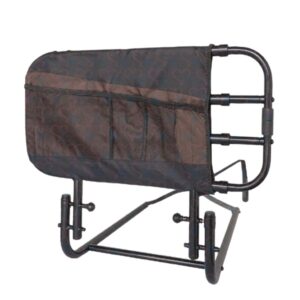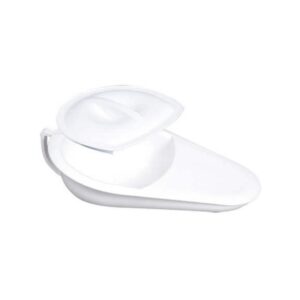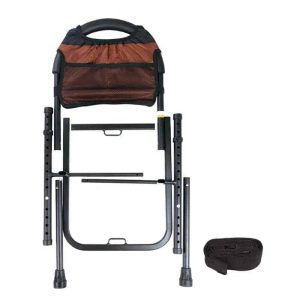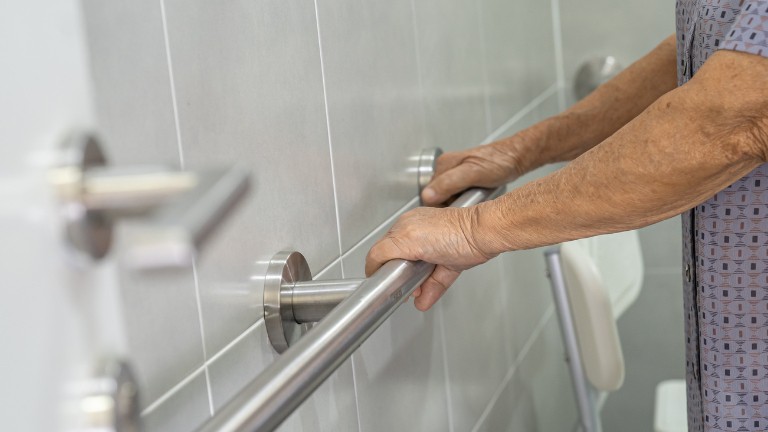How to Take Care of Bedridden Elderly at Home

Caring for a bedridden elderly loved one can be challenging, both physically and emotionally. But with the right knowledge and support, you can provide excellent care.
In this blog post, we will guide you through everything you need to know about caring for bedridden elderly at home.
From understanding their condition to preventing bedsores, maintaining hygiene and nutrition, creating a stimulating environment, and providing emotional support – we’ve got you covered.
We’ll also discuss when it’s time to seek professional caregiving or rehabilitation programs for your loved one.
What Happens When a Patient is Bedridden?
Being bedridden can have a significant impact on both the physical and mental health of a person.
Simple everyday activities become challenging for these individuals, making it necessary for them to receive specialized care and support.
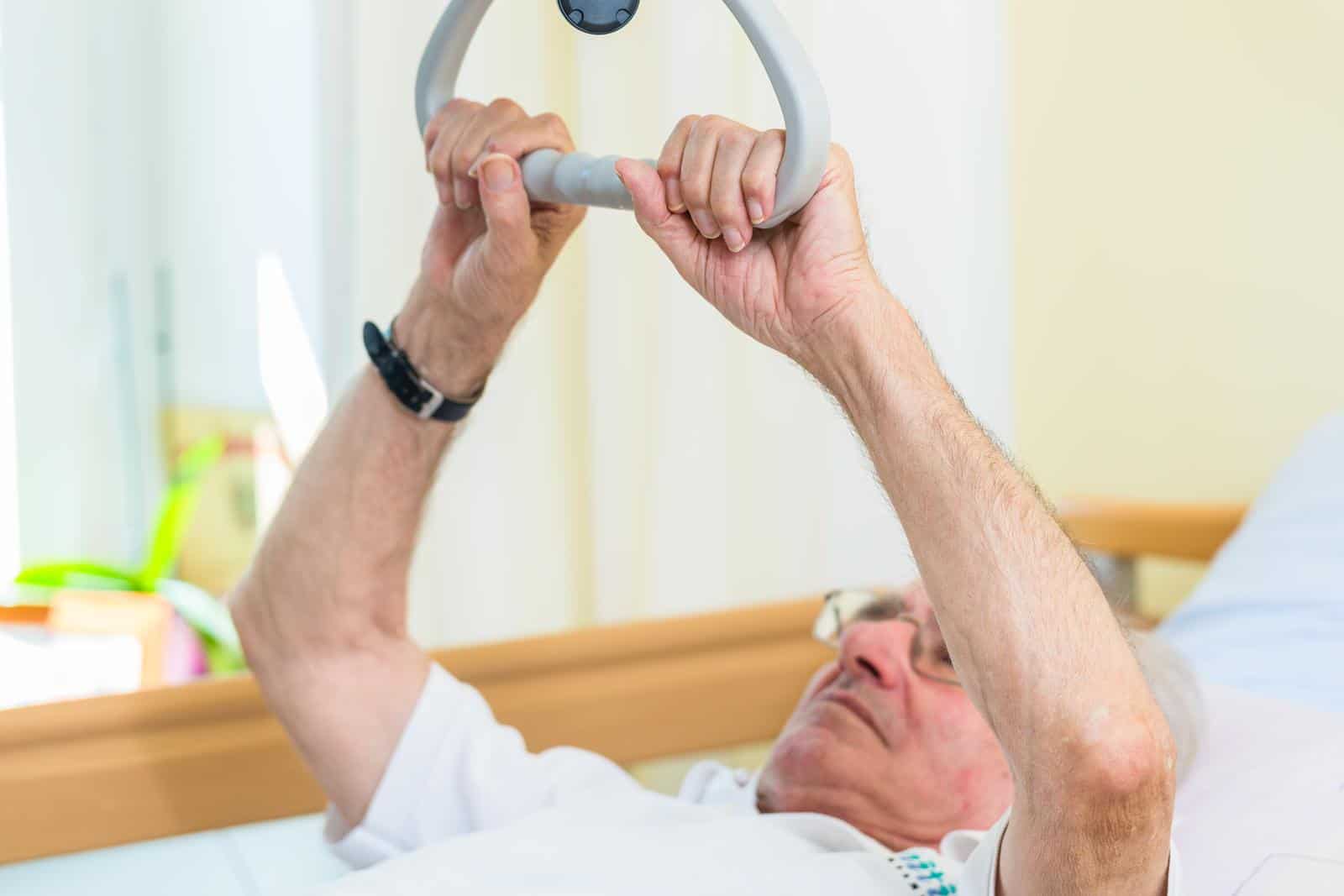
It’s important not to overlook the emotional health of bedridden elderly patients, as they may require additional emotional support.
How Long Can an Elderly Person Remain Bedridden?
If you are taking care of an elderly patient at home, they might need help sitting up or lying down. The bedridden period can last between 2-6 weeks, depending on the patient’s illness and age. You should encourage visits from friends and family to keep their spirits up.
Common Complications of Being Bedridden
When a bedridden person spends long periods of time in one position, it can lead to common complications:
- Pressure sores, also known as bedsores, can develop due to the constant pressure on specific areas of the body. Maintaining good hygiene is crucial for bedridden individuals to prevent infections and keep their skin healthy.
- Muscle weakness and stiffness are common challenges faced by bedridden elderly patients.
- Poor circulation and blood clots are also potential risks.
- Caregivers should always be on the lookout for signs of pneumonia, as it poses a serious threat to bedridden individuals.
Importance of Hygiene and Grooming in Bedridden Elders
Maintaining good hygiene for bedridden elderly patients is vital for their overall health. Regular bathing or sponge baths help bedridden patients stay clean and fresh, while proper dental care is necessary to maintain oral health.
Caregivers should assist bedridden patients with grooming, including bathing, nail care, and hair care. By keeping bedridden elderly patients clean and comfortable, we can prevent discomfort and complications.
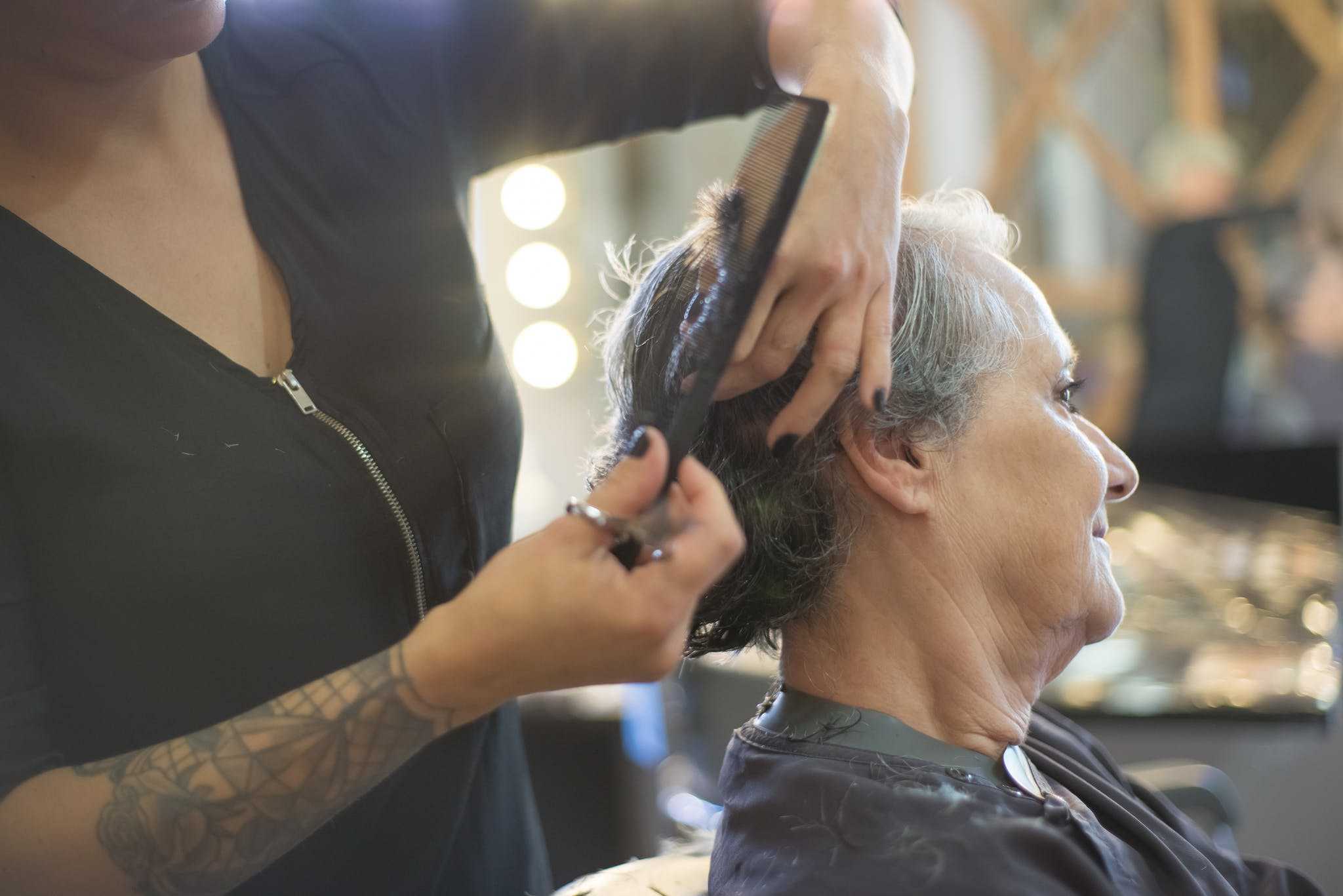
How to Prevent Bedsores and Maintain Skin Health?
Regularly changing bed linens is essential in preventing bedsores and maintaining skin health. To further prevent bedsores, provide a pressure-relieving mattress or cushion.
Regularly inspect the skin for any signs of breakdown or sores. Moisturize the skin to prevent dryness and irritation. A balanced diet with vitamins supports healthy skin for bedridden patients.
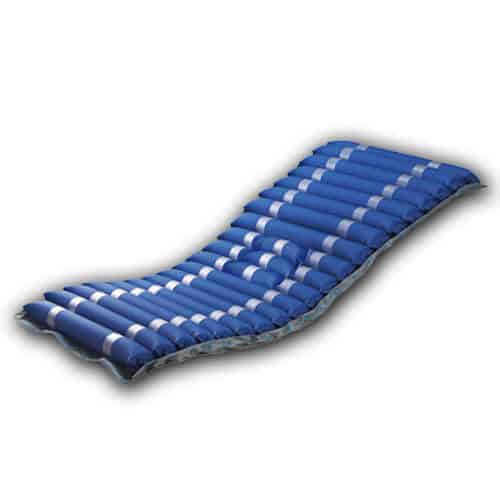
Best Practices for Bedsore Prevention
Preventing bedsores in bedridden patients requires implementing best practices. By following these practices, we can ensure the comfort and well-being of bedridden seniors:
- Repositioning the patient frequently is crucial, as it helps distribute pressure and reduces the risk of bedsores.
- Using pillows, cushions, or mattress overlays can further alleviate pressure points. It’s essential to keep the patient clean and dry to prevent skin breakdown.
- Regularly massaging pressure points improves blood circulation and lowers the chance of bedsores.
- Monitoring the seniors’ skin for any signs of redness or irritation is vital for early detection and prevention.
Necessity of Regular Changing of Bed Linens
Regularly changing bed linens for bedridden patients is essential for maintaining hygiene and ensuring comfort. Clean bed sheets play a crucial role in preventing skin infections and minimizing discomfort for the bedridden individuals.
Additionally, fresh bed linens contribute to a clean and pleasant environment, enhancing their overall well-being.
By changing bed linens regularly, caregivers can prevent bedridden patients from soiling their bedsheets and maintain a clean sleeping space.
Proper care of bed linens, including washing and ironing, is necessary to create a clean and healthy sleeping environment for these individuals.
Ensuring Proper Nutrition for Bedridden Seniors
Proper nutrition plays a vital role in caring for bedridden elderly individuals. A healthy diet supports their overall health and helps them maintain good physical well-being.
Caregivers need to take into account any dietary restrictions, preferences, or food allergies that the bedridden seniors may have.
Offering a variety of nutrient-rich foods is essential to ensure they meet their nutritional needs.
Consulting a nutritionist or dietitian can provide helpful tips in creating personalized diet plans for these individuals.
Role of Balanced Diet in Enhancing Immunity
A balanced diet plays a crucial role in boosting the immune system of bedridden elderly patients.
Consuming a variety of fruits and vegetables provides essential vitamins and minerals for a healthy immune system.
Consuming enough protein boosts the immune system of bedridden patients to fight infections. Protein can come from protein powder, meat, poultry, seafood, and dairy products, as well as plant-based sources like beans, lentils, nuts, seeds, soy, and whole grains.

Including foods high in antioxidants, such as berries and leafy greens, helps strengthen the immune system of bedridden elderly people.
Hydration is important for bedridden patients to support a healthy immune system.
How Much Food Does a Bedridden Person Need?
lying in bed for 24 hours, a 170-pound man burns about 1,870 calories per day, while a 130-pound woman burns about 1,300 calories.
No matter what your REE, however, men should get at least 1,500 calories per day, while women should get at least 1,200 calories per day, to ensure proper nutrition.
Fostering a Comfortable and Stimulating Environment
Creating a comfortable and stimulating environment for bedridden elderly patients is crucial for their physical and mental well-being.
To make them feel more at home, provide a bedside table with personal items and surround them with familiar objects like family photos.
Offering activities such as reading materials or puzzles can help keep their minds engaged and reduce feelings of loneliness.
It’s also important to adjust the lighting and temperature to their preferences to enhance their overall comfort.
Importance of Adaptive Clothing and Bedding
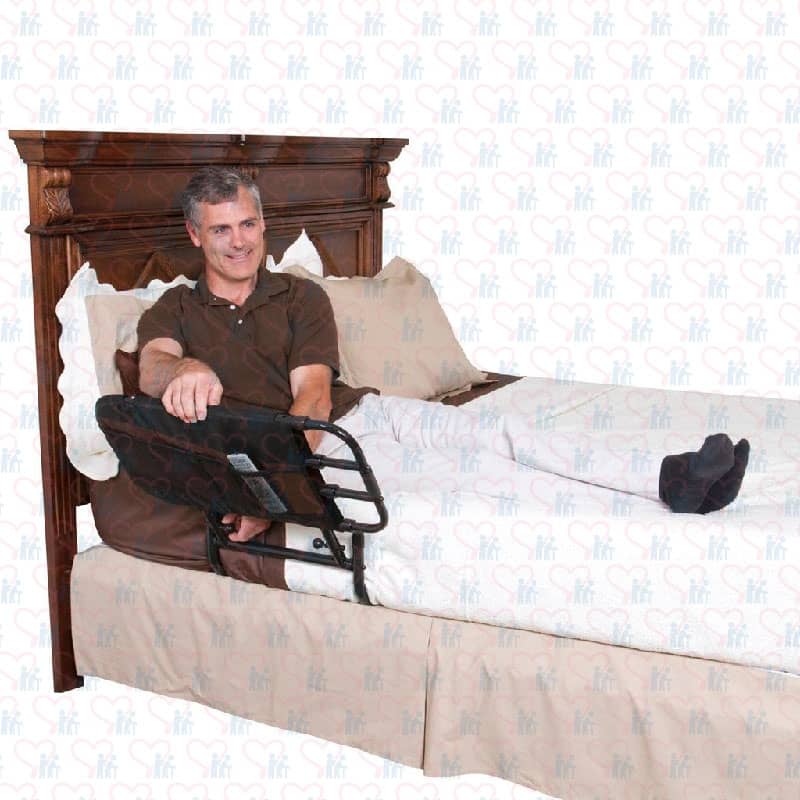
Adaptive clothing, specially designed for bedridden individuals, plays a crucial role in ensuring comfort and ease of dressing for the elderly.
Additionally, specialized bedsheets are essential for pressure relief and maintaining skin health in bedridden patients.
To prevent soiling of bed linens, the use of bed pads or mattress protectors is highly recommended. Bed rails provide added safety and support during transfers for bedridden seniors.
Selecting soft, breathable, and hypoallergenic fabrics for clothing and bedding is important to prevent skin irritation.
How Do You Help a Bedridden Person Get Stronger?
One way to motivate bedridden patients is by suggesting simple bed exercises, such as shrugging shoulders.
While many people shrug their shoulders on a daily basis, few are aware that this exercise can be beneficial for those confined to a bed.
Other exercises that can be done in bed include palm stretching, arm raises, arm crosses, head rotation, head turns, leg rotations, and ankle rotation. You may also encourage them to use tools to help them such as finger stretcher and hand grip recovery.
Emotional Support: Practicing Patience and Empathy
Practicing patience and empathy is crucial when caring for bedridden elderly at home. It’s important to show empathy by listening attentively and understanding their emotional needs.
Providing a comforting presence can help alleviate loneliness and create a positive environment. Being patient is essential as bedridden elderly may have limitations in expressing themselves.
Offering reassurance allows them to feel loved and cared for during their time of need. Engaging in activities that bring them joy can also contribute to their emotional well-being. Remember, emotional support plays a vital role in the overall care of a bedridden person.
Dealing with Behavioral Changes in Bedridden Seniors
Dealing with the behavioral changes of bedridden seniors can be challenging, but it is important to remember that these changes are a normal part of the caregiving journey.
When addressing challenging behaviors, using a calm and gentle approach is crucial. Consulting a healthcare professional can provide guidance on dealing with specific behaviors and help you understand the underlying causes.
Creating a routine that provides stability for the bedridden senior can also be beneficial. Additionally, practicing good communication can help uncover the reasons behind the behavioral changes.
Recognizing When you Need External Help
As a family caregiver for a bedridden person, it’s crucial to pay close attention to your own well-being. Chronic fatigue and emotional exhaustion are common signs of caregiver burnout.
It’s important to seek help when needed. Reach out to family, friends, or support groups for respite care. Consider professional home care services to provide additional support and ensure quality patient care.
Remember, asking for help is not a sign of weakness but a way to prioritize both your loved one’s and your own physical and mental health. Taking care of yourself is a good way to be a better caregiver in the long run.
When is it Time to Seek Professional Caregiving?
Consider professional caregiving services if caring for the bedridden elderly becomes overwhelming. Look for specialized caregivers who can provide the necessary support.
Professional help may be needed for medical needs, specialized care, or when caregiving responsibilities exceed your capabilities.
What are the Benefits of Rehabilitation Programs for Bedridden Seniors?
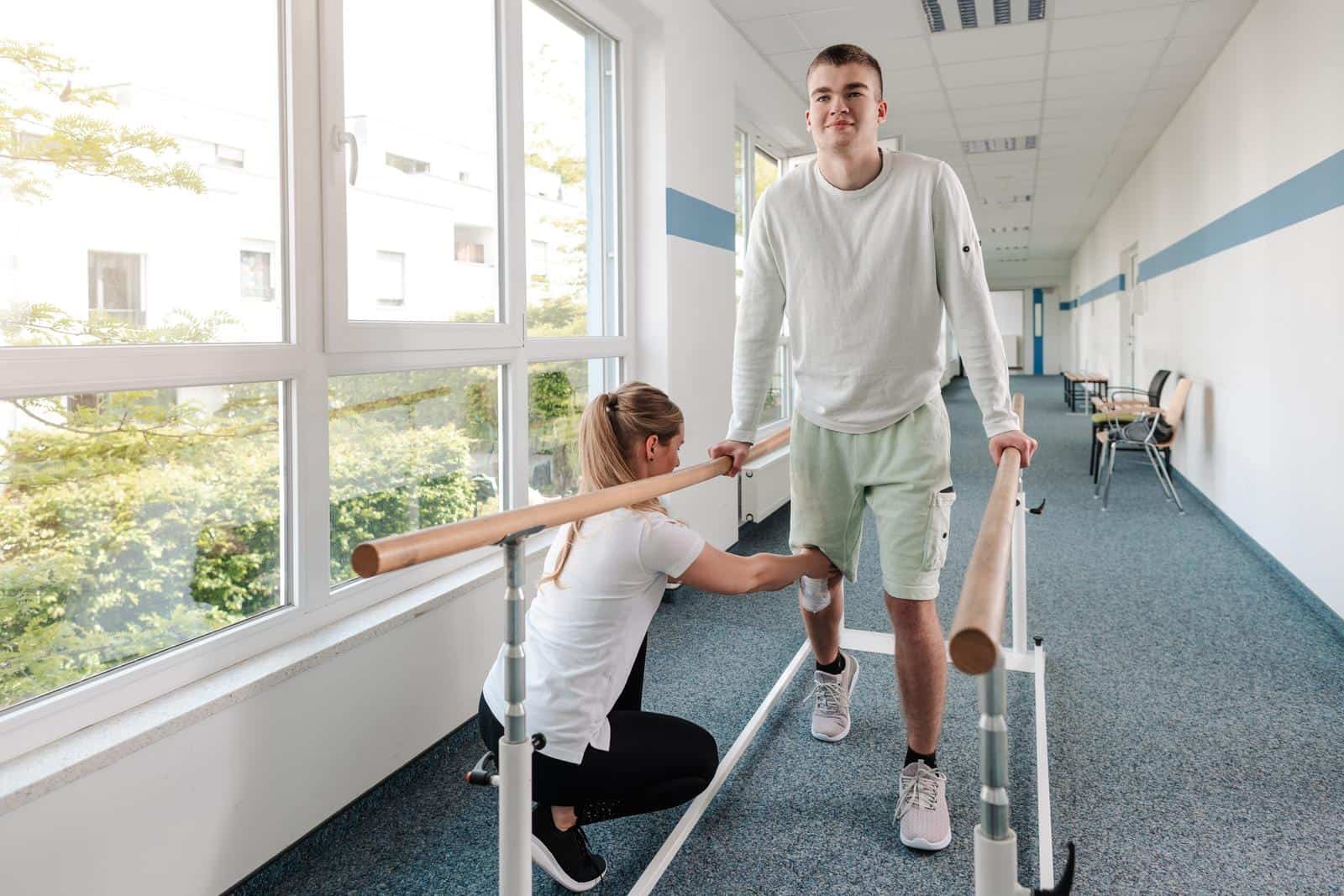
In conclusion, to provide holistic care for bedridden elderly at home, it is important to address their physical, emotional, and social well-being.
This includes maintaining hygiene and preventing bedsores by regularly changing linens and ensuring proper nutrition.
Creating a comfortable environment with adaptive clothing and bedding can improve their quality of life. Emotional support is crucial as behavioural changes may occur.
When necessary, consider professional caregiving, home care for bedridden patients, or rehabilitation programs to enhance their well-being.
These programs offer specialized care, improve physical health, prevent complications, enhance mobility, reduce discomfort, and provide emotional support.






